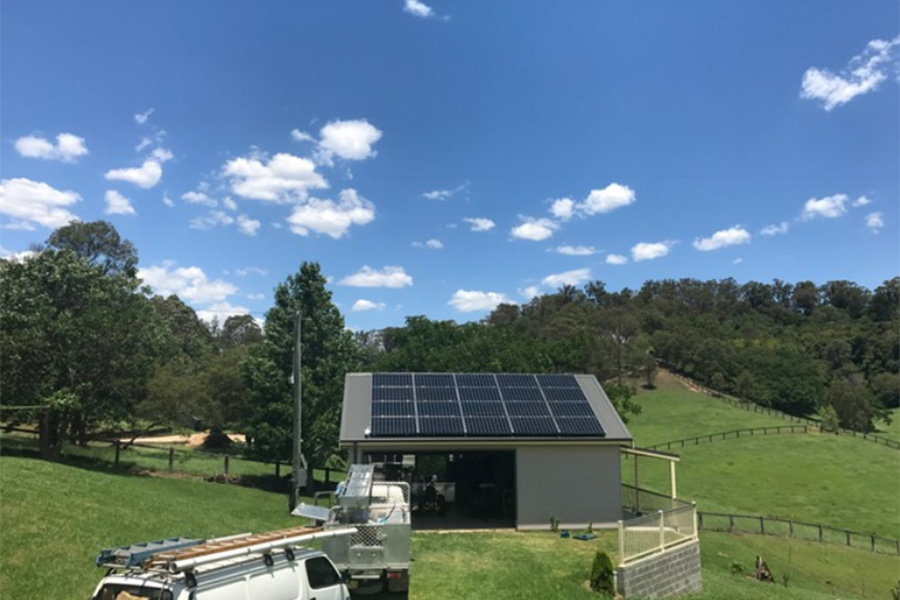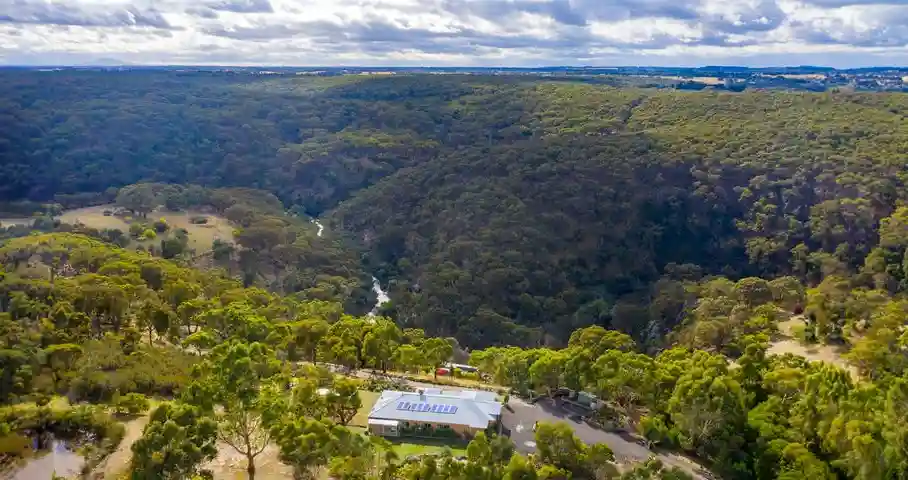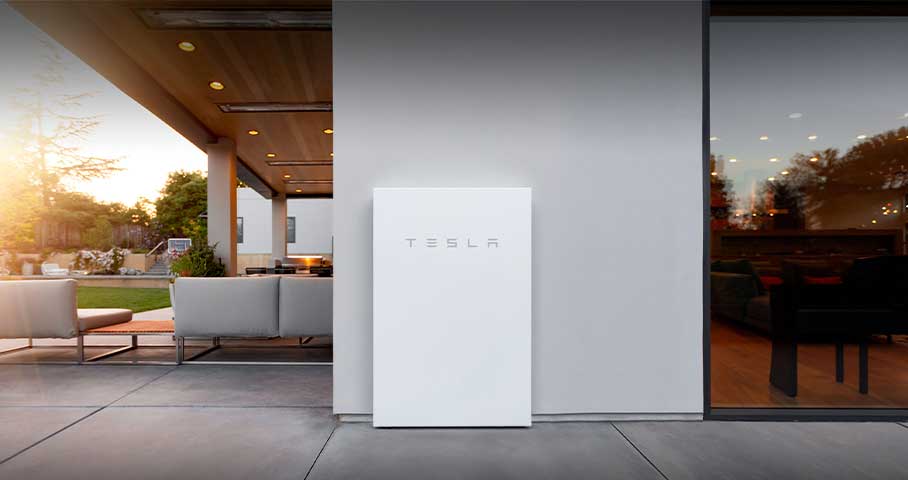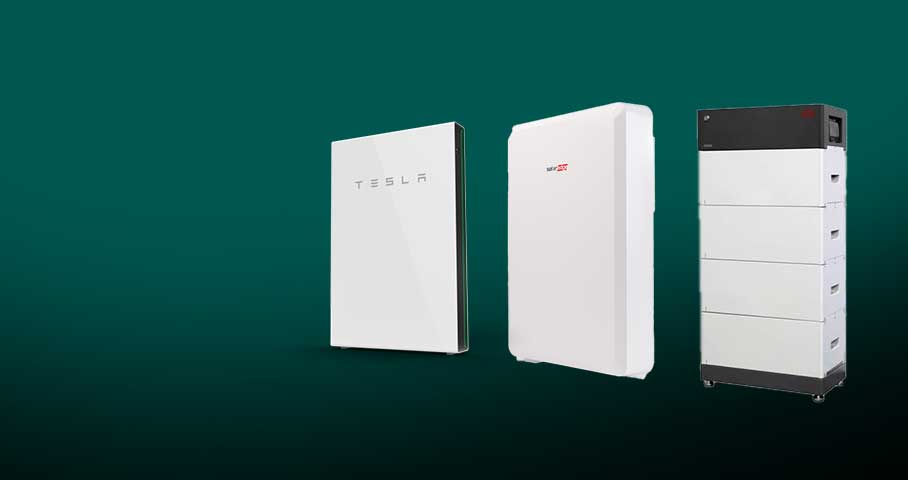10 Questions to Ask Before Buying A Solar System

Buying a solar system can be exciting but it’s also a huge investment. So before you dive in, you need to be as informed as possible about solar panels and other important aspects of your purchase.
1. Should I buy a solar system?
The cost of installing solar has been reducing over the past five years and will continue to become cheaper. However, the cost of waiting for further reductions is the increasingly expensive electricity bill that you pay your energy retailer. Right now you are effectively ‘renting’ your electricity and in five years you will have nothing to show for the thousands of dollars you have parted with. Should you then decide to purchase a solar system, the system price may be cheaper but when you add your aggregated energy bills you have paid to this price you find it very expensive indeed!
If you invest in solar now you become an energy ‘mortgagee’. You now own a big share of the electricity you consume and your savings start immediately to pay off your investment cost. In five years or so, your power savings have now paid off the cost of your investment. You now own your energy production outright and with a top tier REC solar system you will continue to make savings for a further 25 years at least.
Right now the power companies have secured the right to increase their rates by 25% annually over the next three years. Based on this rate your power bill is tipped to double! With the arrival of solar battery storage now is the time to start investing in solar and take control over your power bills.
Please also take note. There is still a solar government rebate available in all states and territories, and even though it is less than what used to be available in the past, on a 5 KW system for example you are likely to receive over $2,800-$2,900 in rebates.
Some solar installation companies offer financing options, which could reduce your initial outlays. This will allow you to use the electricity cost savings to help finance the repayments.
2. What makes a good quality solar system
A solar power system has a number of considerations to ensure customers are satisfied for many years:
- The solar panels purchased should be from a known and diversified manufacturer, so in future years you can receive follow up service or warranty back up, as the company is still around. Some solar manufacturers are currently in financial distress. Just read up on the internet about these issues.
- Only use high quality inverters with your system. The inverter undertakes the key work in your system. Every time there is a cloud and change in weather the inverter adjusts the output. Therefore an inverter never stops during the day. High quality brands which work well with your REC panels can be recommended by your local REC installer. Please avoid cheap inverters.
- Framing systems. There is no point buying quality panels and inverter and not fastening them with a quality framing system. E-Smart Solar can provide you with solid advice.
3. What is the expected lifespan of a solar power system?
The key components susceptible to failure are the solar panels and inverter. However, high quality products tend to have long life cycles which are reflected in the long warranties available, particularly for solar panels.
A solar panel is a relatively simple device with no moving parts. Solar panels typically have a 25 year output warranty and depending on the quality of the panel can be expected to last beyond this. Also solar panels which are exposed to wind, fluctuating temperatures and weather do deteriorate and each year produce a little less electricity. Cheaper panels, with less UV stabilized backing sheets, cheaper sealants and framing can deteriorate faster and more rapidly.
4. Why should I choose a good brand solar panel?
Arguably, the quality of your solar panels and the inverter are the most crucial factors in selecting a solar system. Over their 25 year output warranty period, solar panels will be subjected to more than 100,000 hours of relentless sunshine, extremes of heat and cold, wind, rain, hail and more. Australia and New Zealand offer an extraordinarily harsh climate for an electrical device.
A good brand like REC, with our extensive testing and quality control helps ensure that you get the most out of your system over its long operating life.
5. When should I NOT buy a solar system?
Most of homes or business premises in Australia can install a system but there are times when you should not buy a solar system. For example:
- You have no roof space available which is facing North, North East, North West, West or East
- There is strong shading of trees and building most of the day on your North, East or West facing roofs. Is there is a little shading for part of the day micro inverters or optimisers can offer a solution.
- You have an asbestos roof
- When the system has to be installed at a distance from the home (like at farm sheds) and the additional cost of running the electricity wires and poles back to the meter far outweighs the return on investment
- You are out of your house/premises most of the time, therefore you cannot use the solar power when it is generated. The unused solar power will be exported to the grid. On average your energy retailer will credit you 11c per kW, making the investment in solar financially less attractive. In this case solar would only be suitable if you also install a battery storage system.
6. As a consumer, what are my rights so I am assured it is a safe investment?
When you purchase a solar system you are protected by a variety of rights, warranties and acts as a consumer.
The overriding protection comes from the Australian Consumer Law which came into effect in January 2011. This Federal Act provides protection for all consumers and is administered at a State level. Businesses are required by law to comply with the requirements of this act and it specifies where responsibilities lay, what rights consumers have and how to take action.
There are several specific issues described in the act which offer protection that is most relevant to solar system owners. They are summarised below:
When you agree to purchase a system, the company you sign a contract with is the first point of responsibility for all issues. They are the prime contractor in law, although they may subcontract some work such as installation and must ensure that all standards, laws and regulations are adhered to by their staff and their sub-contractors.
If you buy imported equipment, the warranty responsibility ultimately lays with the official importer, so it’s important to understand who that is, if it’s not your supplier. That’s why picking brand panels like REC offers you solid protection. However, should you decide to buy a cheaper panel and the manufacturer disappears, or the importer has gone bankrupt, the prime contractor has still a legal obligation to assist you.
Warranty terms and conditions vary by contract and supplier. It is important that you carefully read and compare the terms and conditions from different suppliers so you understand what you may be required to do to comply. For example many panel warranties only include the supply of a new panel. They do NOT include the labour component. REC supplies the panel and pays for the labour within 80 km of population centres.
In the event of a dispute, the Clean Energy Council can assist you with installer related issues. They also have a Solar Retailer Code of Conduct which some, but not all solar retailers have agreed to comply with.
In most cases, if there is a dispute that is unresolvable by discussion, the issue will default to the Australian Consumer Law act and you can approach your State body for advice on what course of action to take. This may include mediation, taking the case to the Small Claims Tribunal or to court.
7. What size panels should I buy?
There are various sizes of solar power panels available. The higher the output, the higher will be the efficiency of the solar panel (as long as the size of the solar panel is the same – of course). A number of years back the 170W to 190W solar power panels were considered a high wattage panel.
Today the technology has improved so that 260W panels are considered a good solid efficiency as more solar power can be produced in a smaller roof space.
Nevertheless some higher efficiency panels can offer a shorter return on investment period.
8. What should I check in a quote before I buy a solar power system?
Make sure the installer comes to your house and has a look, before you get the quote. Internet based solar companies quote you for a system over the phone can spell trouble for the install quality, as they cannot truly appreciate the individual set up of your house. Are the tiles brittle? Where are any surrounding trees, which can cause overshadowing? What about antennas and chimney locations – which in the future through overshadowing can affect the system output significantly? How old is your switch board and does it need upgrading to handle solar? All these questions only become clear through a proper home inspection.
When internet or call centre based solar companies sell you a system they use the one size fits all approach and give you a standard price. They then negotiate with a sub-contract installer to install your system for an agreed price. So the sub-contracted installer holds all the risk should your system requires extra cabling or is a particular labor intensive installation. It is more likely in this situation for the installer to find the quickest way, not necessarily the best way to install the system. Being a sub-contractor to the company that sold you the system, the installer’s relationship with your system is one of “get in and get out as quick as possible”.
Should you, in the years to come require support for your solar system, the internet based solar company might not be around anymore, or should they still exist are very likely to send a new sub-contractor to check out the issue. It is better, like with your car, to have the same reliable mechanic undertake the ongoing work. Someone who is familiar with your particular circumstances/system.
In general the quotation should provide solar system specifications like quantity of panels, brand and model of panels, system size and likely output per annum in kW/h, capacity and output of the inverter or if micro inverters are to be used the brand and warranty conditions.
A proper, considered quote should include also datasheets of the supplied products. In general make sure your quote includes:
- Solar PV modules – brand, model and manufacturer’s warranties;
- Mounting frames – brand, warranties and which part of the roof to be installed;
- Inverter – brand, capacity and manufacturer’s warranty;
- Any additional metering cost – if not included in the price, make sure this aspect is clearly outlined in the quote;
- Travel and transport requirements if not included;
- Any trench digging if solar to be installed on outbuildings e.g. farms.
- At hand over, make sure the installer gives you a system user manual.
The quotation should also specify a total price, together with proposed start and completion dates. The quotation should form a basis for your contract with the designer/installer. Deposit requirements for the system by law should not be more than 10 per cent. Usually the majority of the solar system needs to be paid for on the day of installation.
9. What are the ongoing costs of running a solar power system?
It is advisable to organise some maintenance inspections every few years to make sure that all parts of your solar electric power system are operating correctly. With a tilt angle of 10 degrees or greater solar panels are self cleaning. If you install panels onto a flat roof without panel tilts you will need to hose down your panels every couple of months.
10. Is my solar power system insured?
Most home and building insurance policies cover home solar systems on roofs and garages. A solar electric power system is just like the hot water system an extended part of the home.
However most insurance companies would like to be contacted so that you can let them know you added your solar electric power system. Make sure you let them know the value of the system (before rebates) so they will know the actual replacement cost.
Contact E-Smart Solar about any questions you may have about solar.








